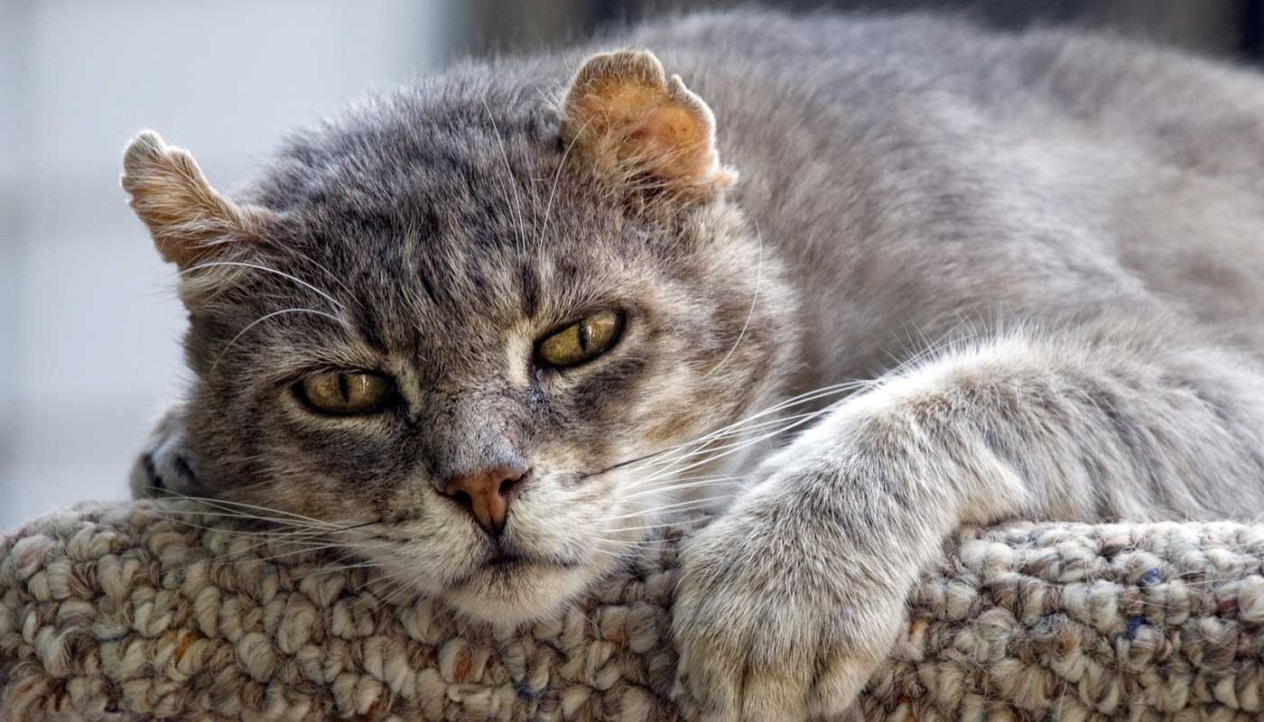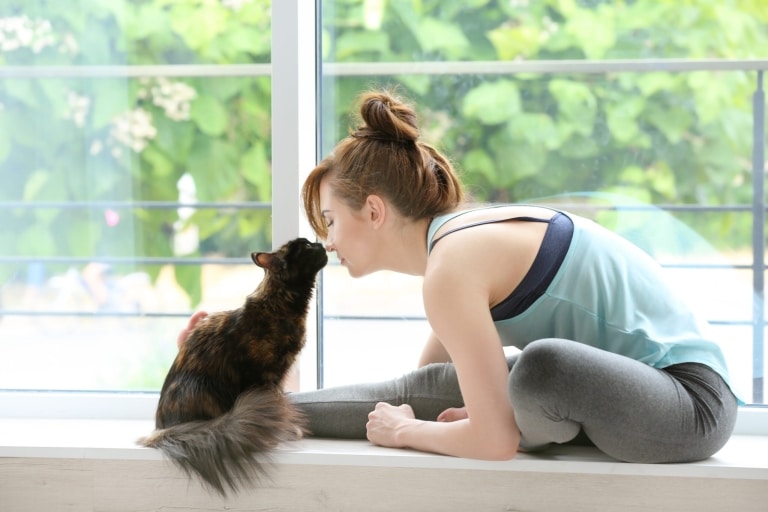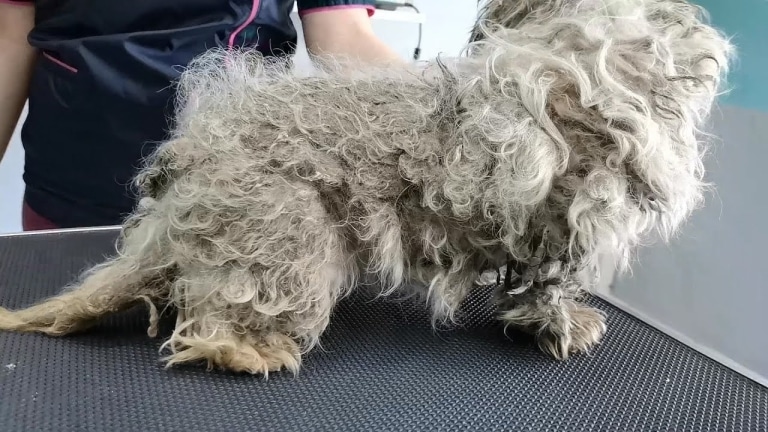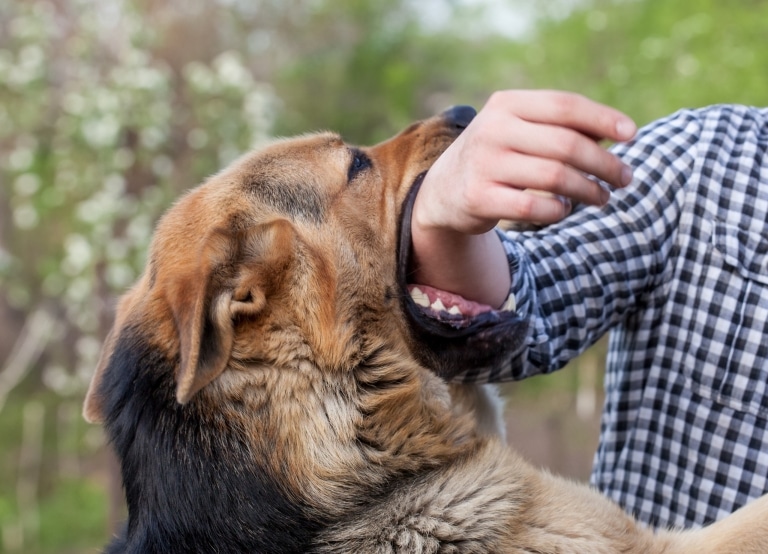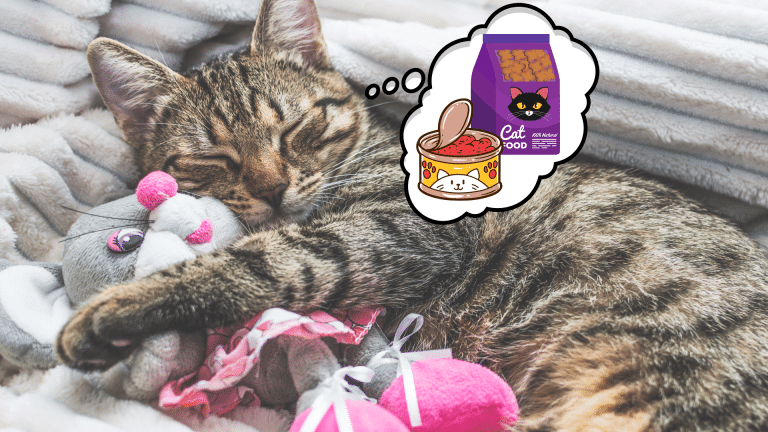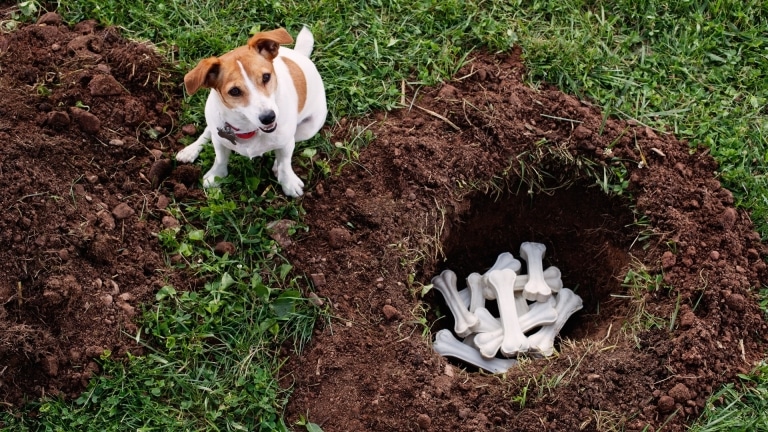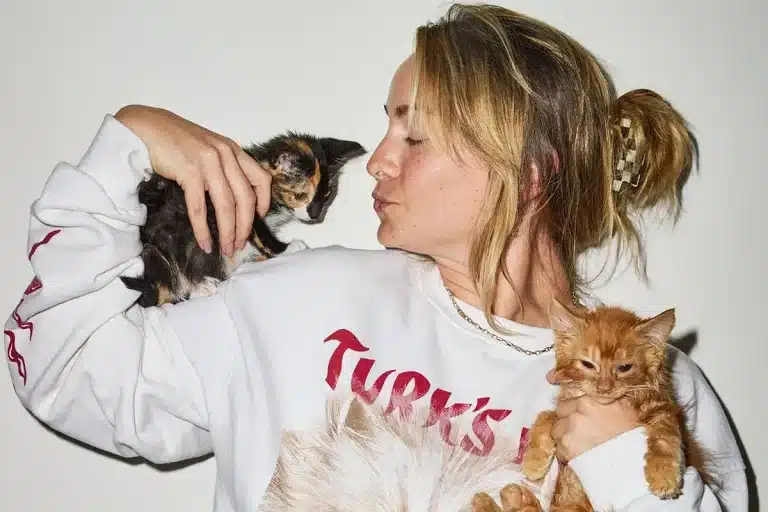How long do cats live?
Cats are one of the most beloved pets that bring joy, comfort and peace. But every owner wonders: how much time will their furry friend spend next to them? The life expectancy of cats depends on many factors, such as lifestyle, housing conditions, nutrition and even heredity. How long does a cat live, we will consider these aspects in detail, including the average life expectancy, maximum age records and how to ensure longevity for your pet.
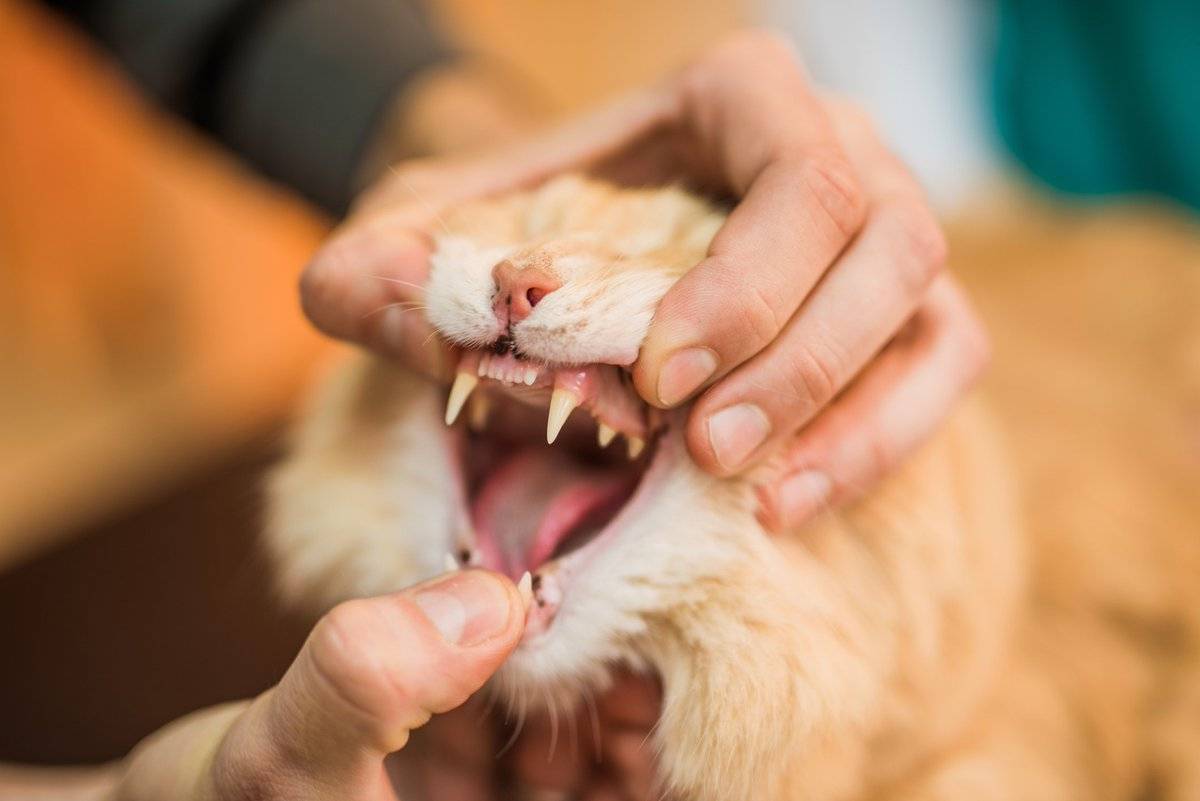
How many years does a cat live on average?
The average lifespan of domestic cats is 12 to 15 years. Depending on care and breed, this indicator can vary significantly. For example, Siamese and Burmese cats are known for their endurance and can live up to 20 years. Street cats, unfortunately, live much less – only 4-6 years. Their lives are full of dangers such as diseases, cars, lack of food and aggression from other animals.
How long can cats live?
The maximum life span recorded for cats belongs to Cream Puff from Texas, who lived a record 38 years! This is a unique case, but even 20-25 years for a domestic cat is a very real age of a cat under the condition of quality care. Many elderly cats begin to age after 15 years, but with proper care, they can remain active and in good health for many more years.
Factors affecting the lifespan of cats
Health and genetics
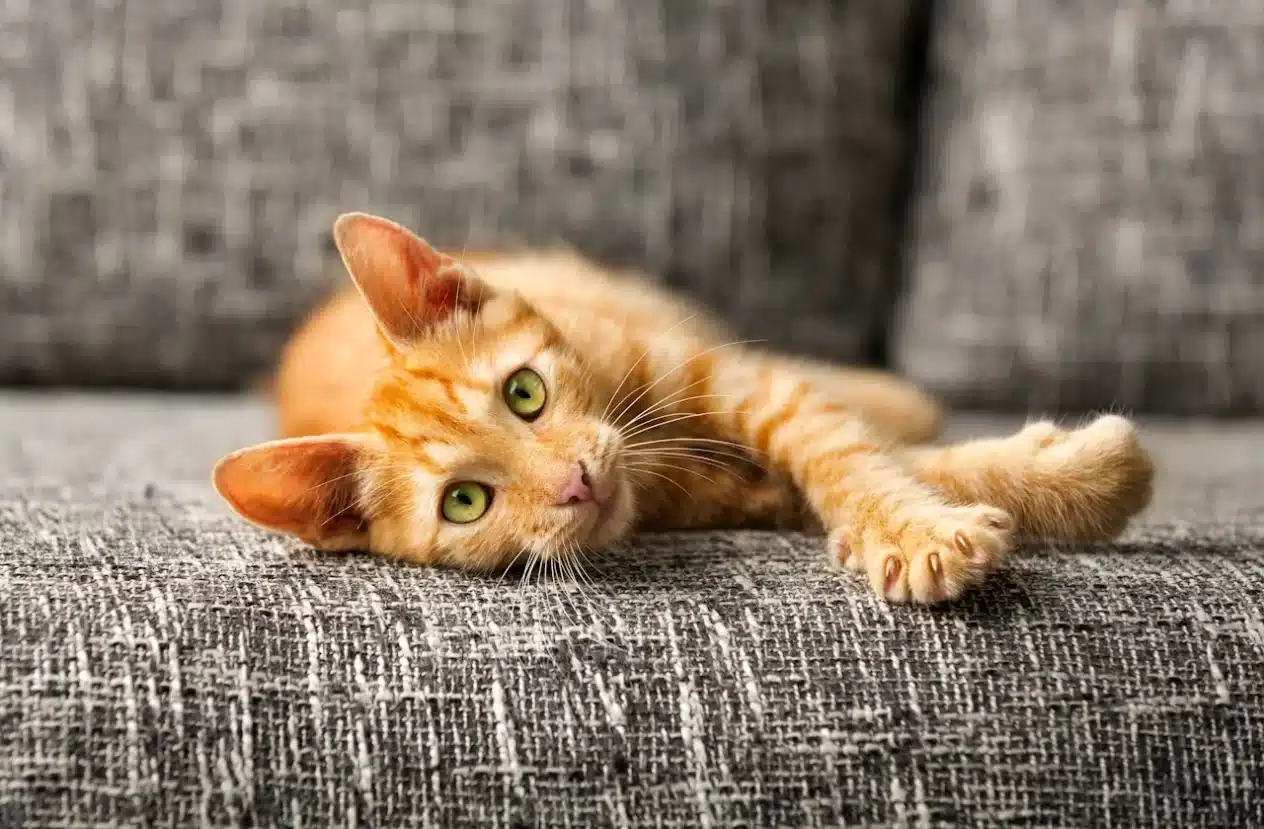
Genetics is the foundation that determines longevity potential. For example, some breeds, such as Maine Coons and British Shorthairs, are prone to genetic diseases that can shorten life spans. However, even the healthiest cat needs a regular veterinary check-up. Chronic diseases, such as kidney or heart disease, can be detected in the early stages and effectively controlled.
Living conditions
Domestic cats that live in a comfortable environment have a much greater chance of longevity. Accommodation conditions include:
- A warm and safe space where the cat can rest.
- Minimizing stressors like loud noises or strangers.
- Protection from external hazards such as other animals or bad weather.
Street cats often face infectious diseases, injuries and lack of food, which shortens their lifespan.
Food
A balanced diet is the key to longevity. Food should correspond to the cat’s age and needs. Young and active animals need food high in protein, and for older cats it is important to avoid foods high in fat and sodium. Premium-class feed with special additives to support joints, heart and coat significantly improves the quality of life.
Care and veterinary care
Regular preventive examinations at the veterinarian help to maintain the health of the cat. Timely treatment against parasites is the basis of longevity. Care of fur, teeth and claws is also important. The groomers of the V.O.G DOG SALON network, who specialize in working with cats, will help you with this. Grooming maintains appearance and helps detect skin or coat problems in the early stages.
How to ensure a long life for your cat?
The secret of your pet’s longevity lies in care, attention and quality care. Provide him with a balanced diet, comfortable living conditions and regular veterinary control. And, of course, do not forget about grooming – it is not only about beauty, but also about health. At V.O.G DOG SALON, groomers use special techniques to minimize stress for the animal, ensure hygiene and improve its quality of life.
Your cat deserves the best and you can give him many happy years together!
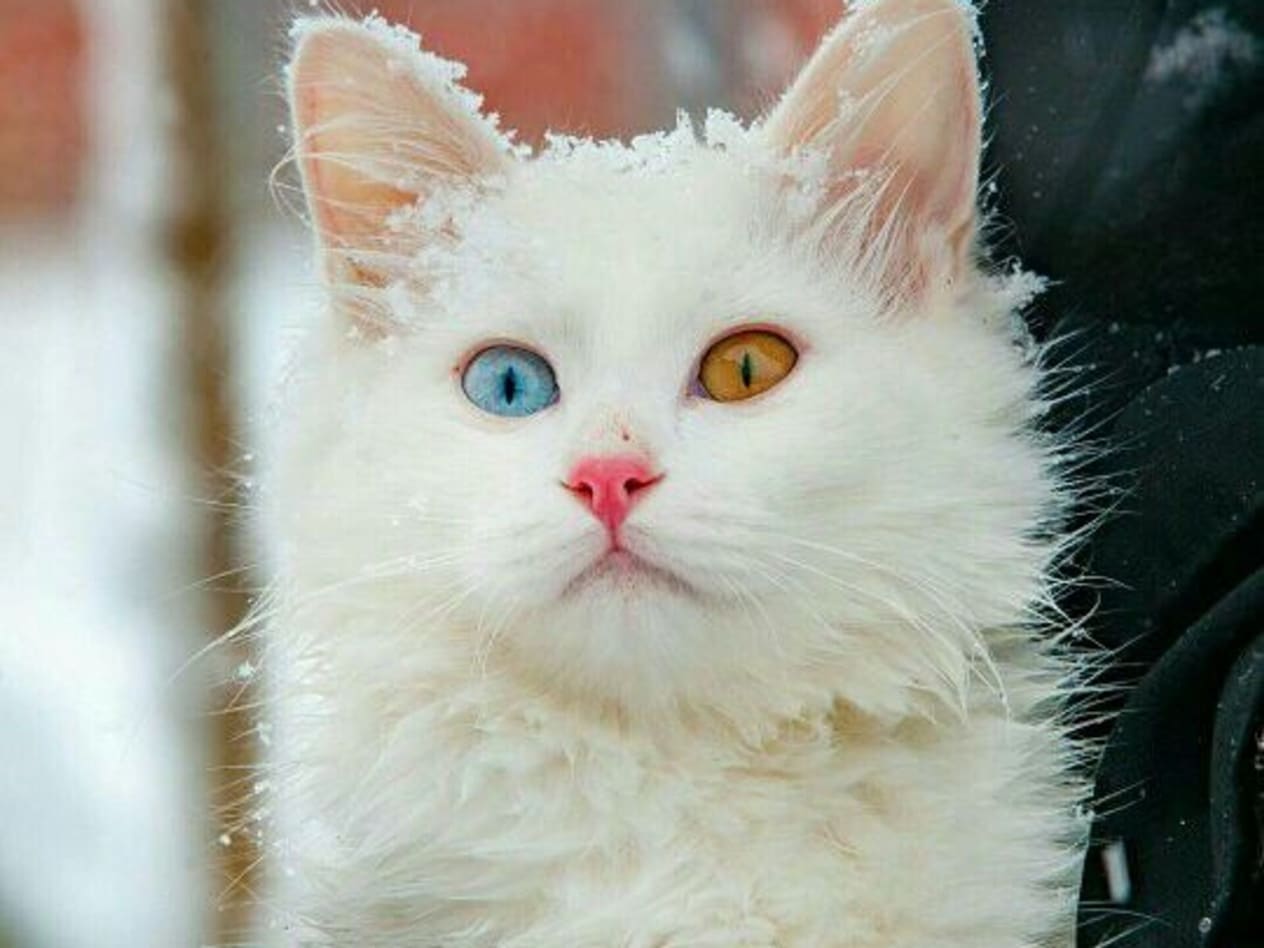
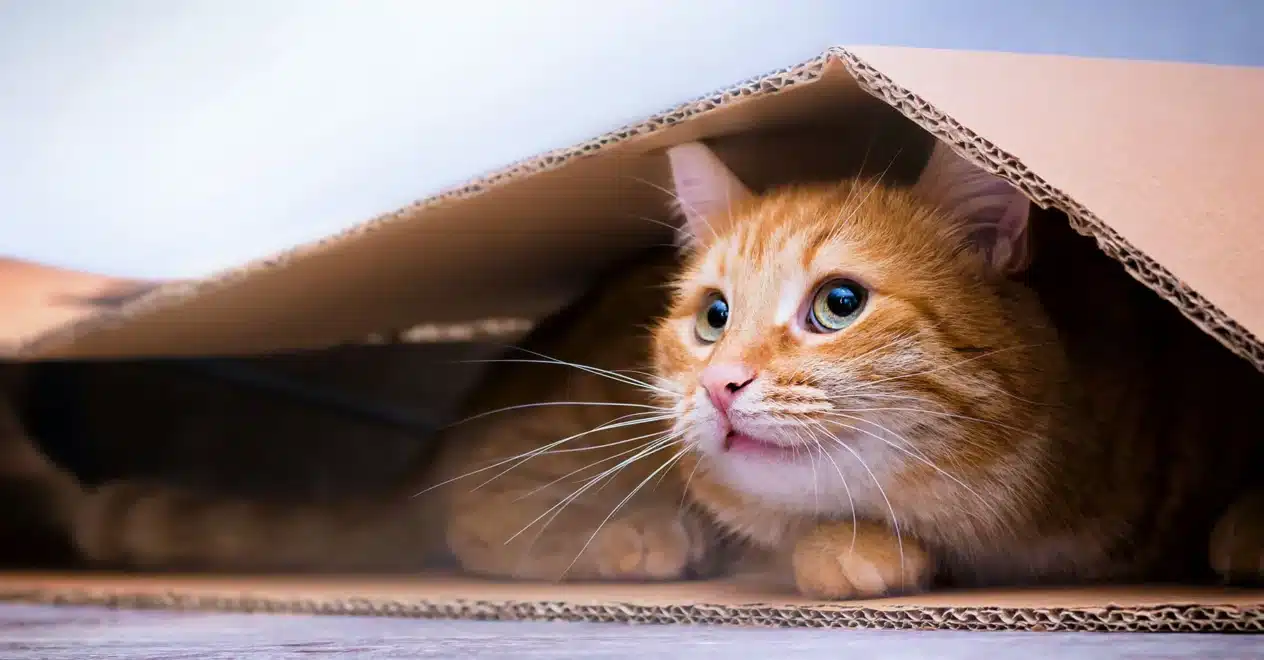
What is the lifespan of cats: stages and differences
Aging in cats begins at the age of 7, but it passes gradually. At each stage of life, the animal needs a different approach to care:
- Youth (up to 6 years): The cat is active, playful, usually healthy. But already at this stage it is important to monitor her diet and get used to regular visits to the veterinarian.
- Adulthood (ages 7-10): Metabolism slows, early signs of aging may appear, such as excess weight or decreased energy. The cat becomes calmer.
- Older age (11-14 years): Signs of aging are revealed – deterioration of the coat, teeth, sometimes vision or hearing. Chronic diseases may appear.
- Senior age (15 years and older): This is the stage when the cat needs maximum attention and care. Usually at this age there are problems with mobility, cardiovascular system or kidneys.
At an older age, cats become less active, rest more often and may need additional warmth. It is important to consider that different breeds age differently. For example, Siamese cats generally live longer than larger breeds like Maine Coons.
Tips for caring for older cats

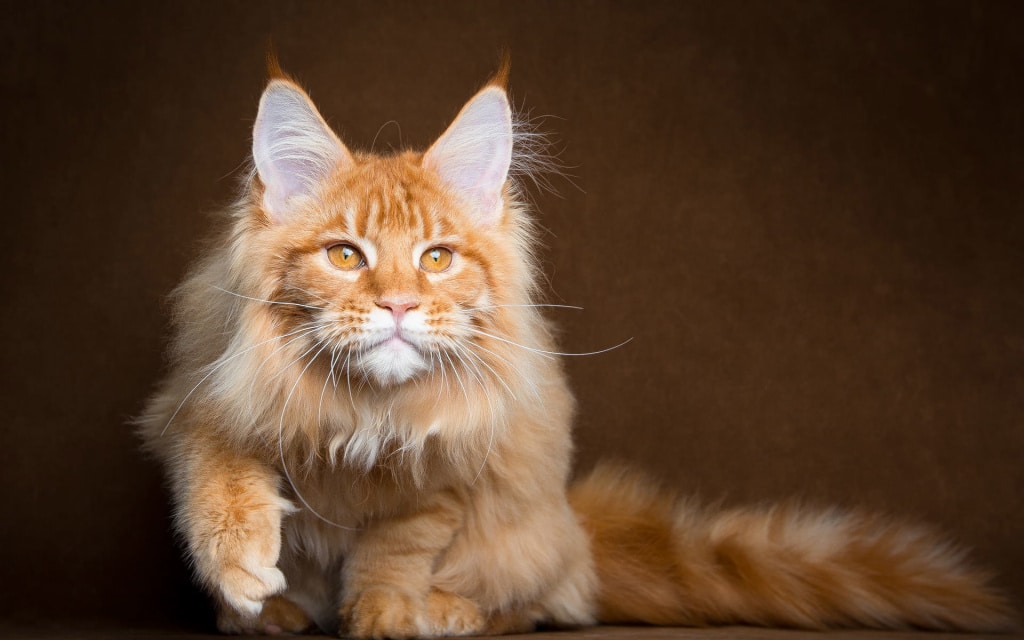
Older cats need special care:
- Regular examination by a veterinarian (at least once every six months).
- Maintaining hygiene: professional groomers will help with this. For example, V.O.G DOG SALON salons employ specialists who specialize in caring for the fur, claws and skin of older cats.
- Providing a comfortable environment: a warm place to rest, low barriers to access to food and water.
Conclusion: the longevity of your pets is in your hands
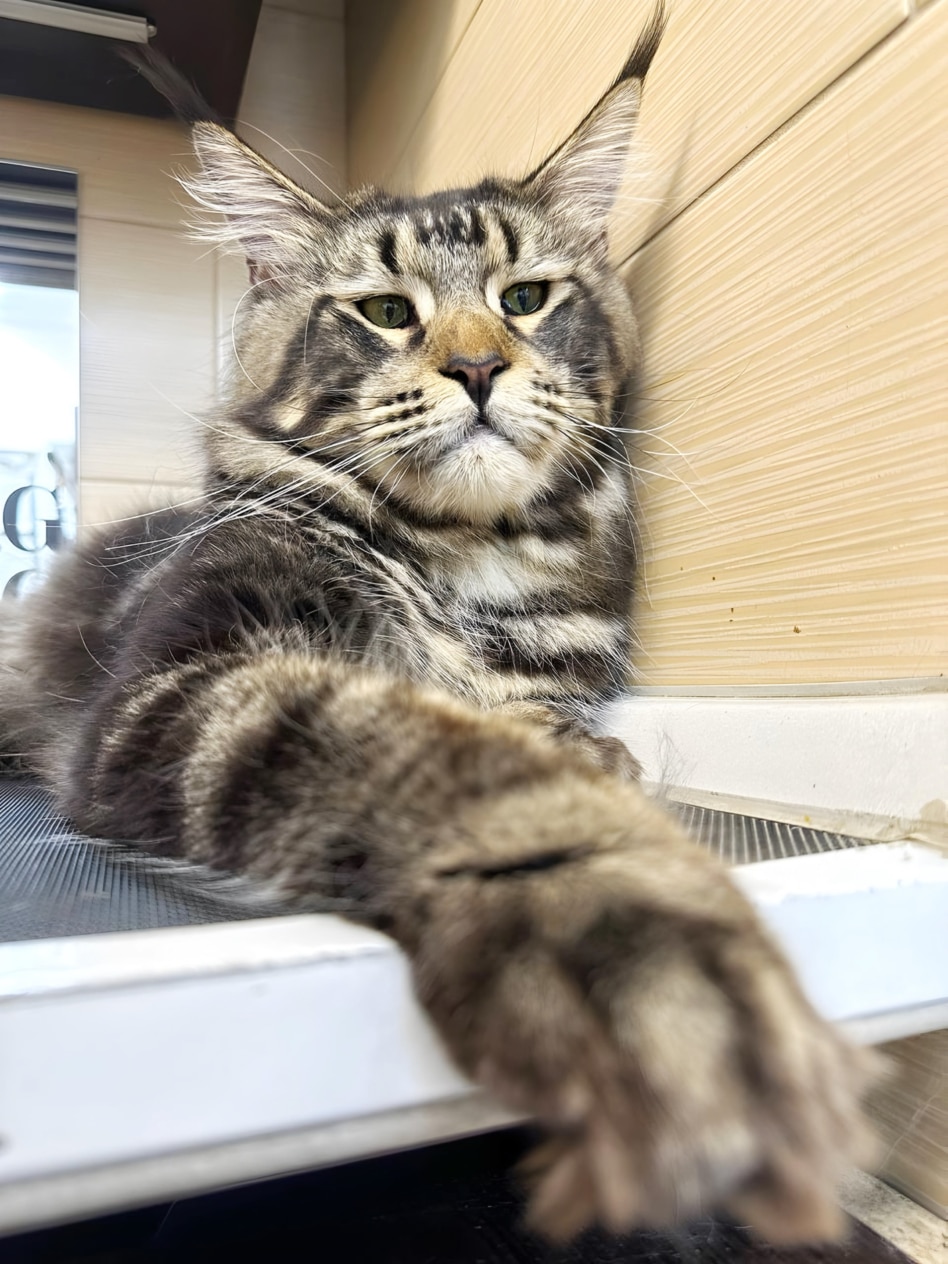
A cat can live a long and happy life if you provide it with proper care, comfortable conditions and quality food. Do not forget about regular visits to the veterinarian, because disease prevention is the best way to health. And remember that even elderly cats deserve care and love. Come to V.O.G DOG SALON, where our experienced groomers will help to maintain his health at the highest level. Your cat deserves the best!


